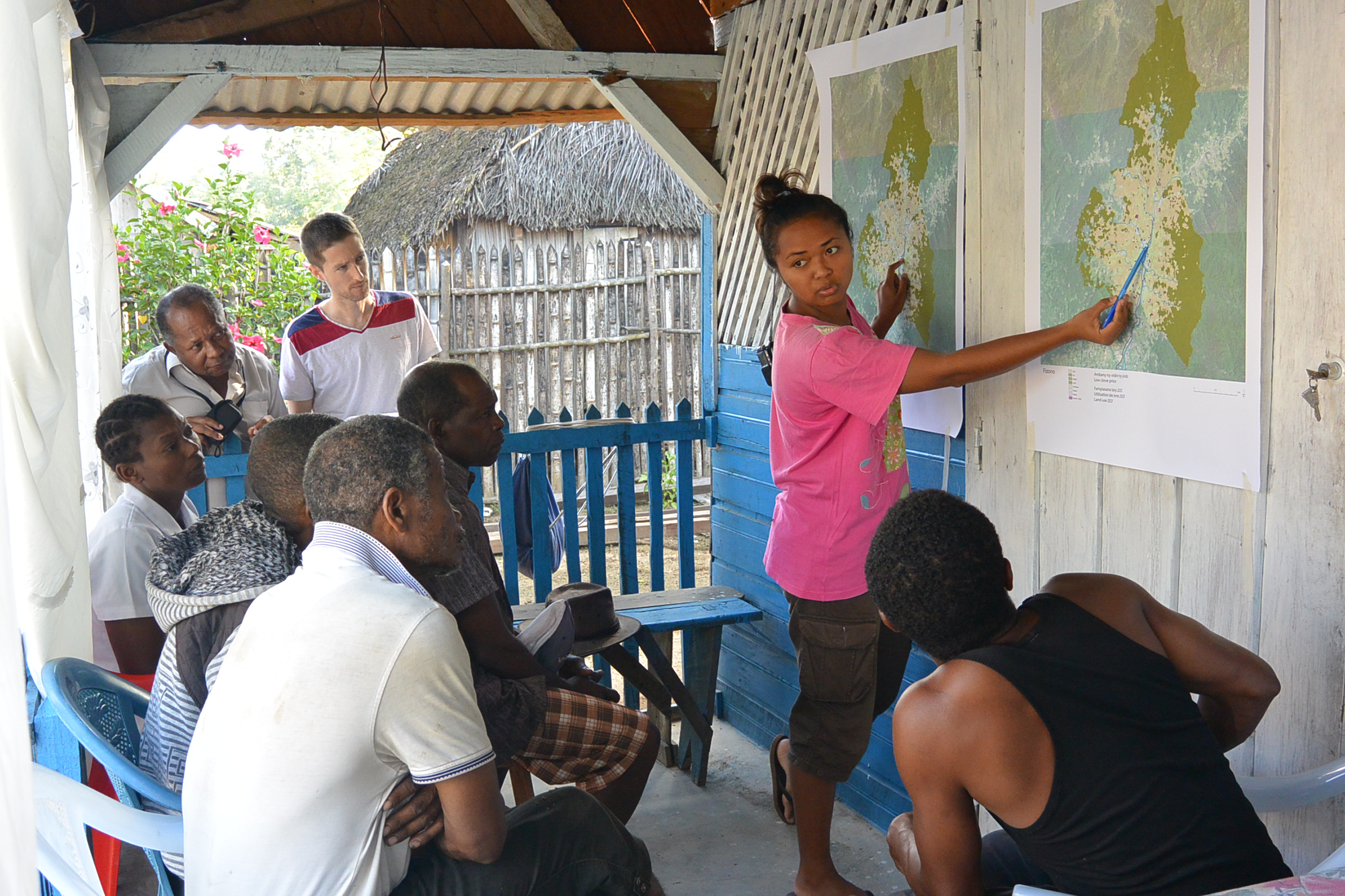Solution-Oriented Research for Development programme: eight projects funded

Eight transdisciplinary research projects were selected for funding in the second call of the SOR4D programme, for a total amount of CHF 7.5 million.
At the end of the second call for projects of the Solution-Oriented Research for Development (SOR4D) programme, the SNSF selected eight projects, which will be funded with 7.5 million francs in total. The evaluation consisted of two phases; final decisions were based on the recommendations of an international, transdisciplinary panel and external reviewers from around the world. After the first phase, 21 out of a total of 95 pre-proposals were green-lighted for the second phase and the respective applicants invited to submit a full proposal.
Wide array of disciplines
SOR4D projects are thematically open but must contribute directly to the objectives of sustainable development. The selected projects cover a wide array of disciplines: from law to sociology; business economics to forestry and agricultural sciences; and political science to environmental sciences.
One project team from Madagascar and Switzerland looks at how to design tree-based restoration interventions which co-benefit biodiversity conservation and sustainable development. Forests sustain biodiversity, regulate climate and deliver multiple Nature’s Contributions to People (NCP), making their persistence essential for sustainable development. This transdisciplinary project is being conducted in Madagascar, which has lost 44% of its forest cover over the last 70 years. Looking at various predictors of restoration effectiveness in existing interventions in the country, the project assesses how multiple groups, including women, profit from restoration and how equitable benefits and costs are shared. The project also looks at restoration demand and, based on the findings, will launch three new restoration projects, with the potential of upscaling at national level.
A second project aims at promoting the sector of carbon dioxide removal (CDR) in a partnership between Switzerland and Kenya. Carbon removal harbours both the opportunity for job creation and reaching net-zero emissions. Moving early and decisively into this novel sector could give Sub-Saharan Africa (SSA) the opportunity to capture a significant part of this rapidly growing market. The project aims to accelerate SSA’s carbon removal startup ecosystem by identifying CDR technologies with the highest domestic socio-economic benefits, assessing SSA countries’ readiness to implement them, and to run a CDR startup accelerator. The project seeks to make CDR a key enabler of sustainable development, job creation and poverty alleviation in SSA.
Transdisciplinary research and sustainable development
The Solution-Oriented Research for Development (SOR4D) programme is a joint funding scheme of the Swiss Agency for Development and Cooperation (SDC) and the SNSF. It promotes new approaches and different dynamics in transdisciplinary research among researchers and development actors, thereby advancing development. The programme aims at generating solutions, innovations and better knowledge to foster sustainable development and reduce poverty in the least developed and low- and middle-income countries. “The objectives pursued by the programme could not be achieved by a single organisation,” Pierre Willa, Head of Thematic Research at the SNSF, points out. “The strength of this programme lies in the complementary capacities of the two organisations. It is therefore important that this type of programme is further supported”.
In addition to promoting cooperation between researchers in Switzerland and in developing countries, the SOR4D programme enables the research community to work hand in hand with practitioners, policymakers and end users on the ground. The local development actors form an integral part of the project consortium. With this approach, the programme not only ensures dissemination of research results, but also their direct application and pilot testing in view of future upscaling.